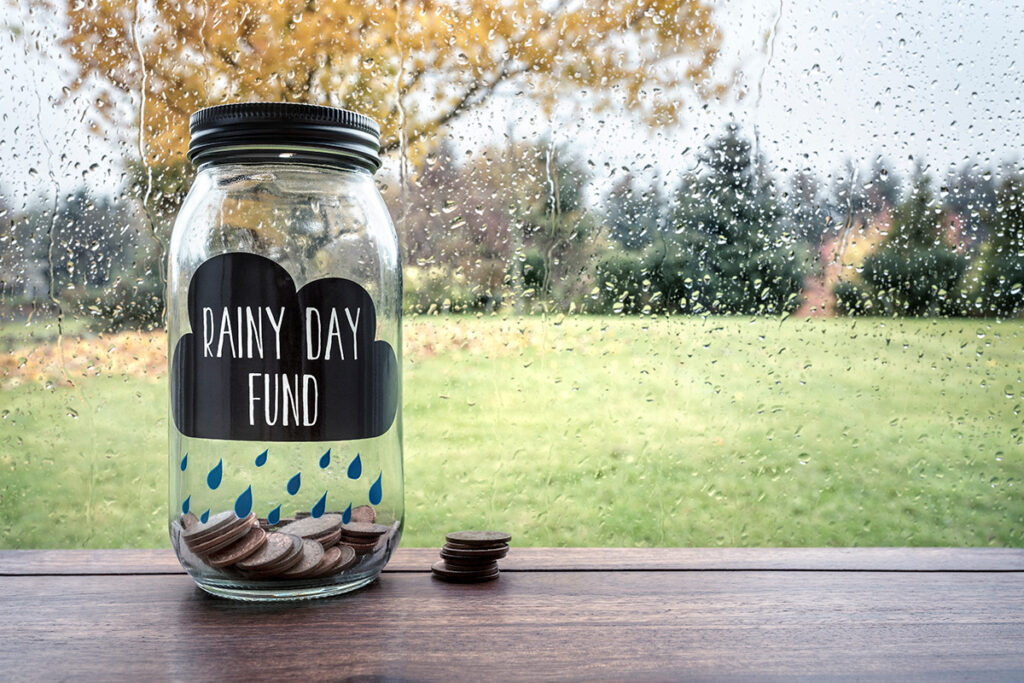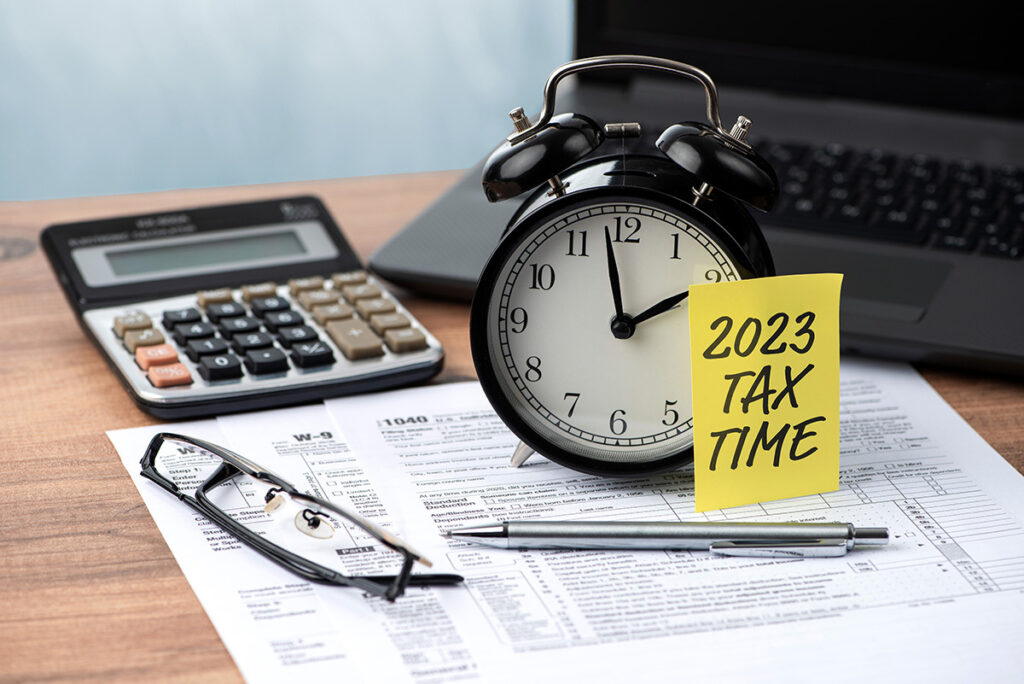Tax Refund Quick Guide: Let’s Kickstart Your Emergency Fund
Tax day has come and gone. Those who received a tax refund may have already started using it to cover monthly expenses, pay a larger bill or take care of credit card debt. Before doing those things, ask yourself the million-dollar question: “Do I have my emergency fund set up to last me at least six months?” If the answer is no, you have come to the right place.
You are not alone. According to CNBC, 53% of Americans report needing an emergency savings fund. Creating and maintaining a savings account can be overwhelmingly difficult. Especially when we answer the old age question of how to build savings when you have no extra money left after monthly expenses.
Recently, one of our client financial therapists, Dr. Erika Rasure, was featured on NBC News Now to speak on some of the factors contributing to the financial stress that Americans are experiencing. One of those factors was a need for more savings.
“An emergency fund helps us stay on track financially if we encounter a major life event or an unexpected expense,” says Dr. Rasure. “When you are trying to stay on track to pay down your debt, losing your job, getting sick, or having to pay for a new water heater or set of tires can cause additional financial stress and anxiety.”
That’s why using your tax refund to start an emergency fund can be helpful. Not sure how to effectively set up your emergency fund? No worries. Beyond Finance wants to share some valuable tips for your savings journey.
Start Small

There are tons of recommendations and guidelines when it comes to building your emergency fund. However, the truth is that there are no rules or policies specifying what amount you are required to save.
Perhaps six months is a bit more difficult based on your income and expenses, so set a goal to save up two months of emergency funds and start there.
You can always add more; the most important thing is that you have started. You do not have to put your tax refund into your emergency fund. Do an evaluation of what money can be spared.
Work Smarter, Not Harder

Try looking for banking institutions that offer interest-earning accounts for your money. Interest-earning accounts allow you to pay for depositing and leaving money in your account.
This is a great way to slowly but effectively boost your savings without placing more money in the account. Whatever tax refund you receive will make an excellent jumpstart deposit for your savings.
Advocate For Your Finances

Review your tax return and pay close attention to where your money is being allocated. It is okay to ask questions to understand better how to prepare for next year.
“If you received a refund, talk with a tax professional to look at your deductions or exemptions to see if you overpaid your taxes,” says Dr. Rasure.
“If so, make some adjustments and use the additional savings in your paycheck over the course of the year. The reserved money can help build your emergency fund. Your tax return won’t be as big next year, but your emergency fund will be. The end result is not overpaying taxes next year.”
Spend Wisely

When you create this savings account, discuss what qualifies as an emergency. Set clear boundaries on reasons you will allow yourself to tap into this fund and stick to it.
Starting with these mental boundaries will help ensure you only use this account when needed and help maintain the account. Detail and outline how you will budget to replace the money you spend in this account if an emergency arises.
